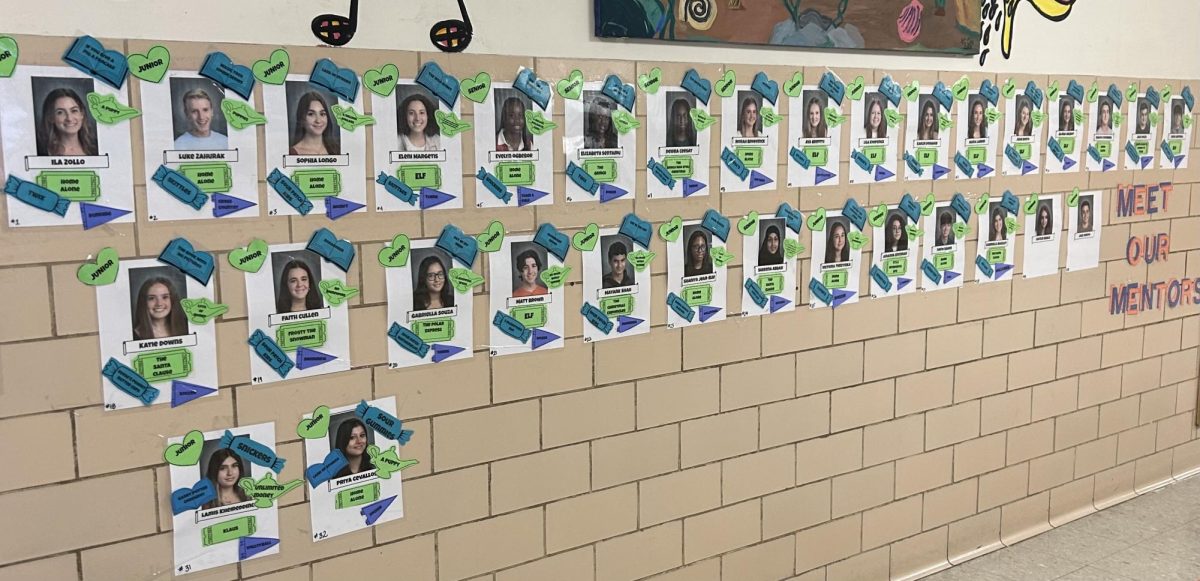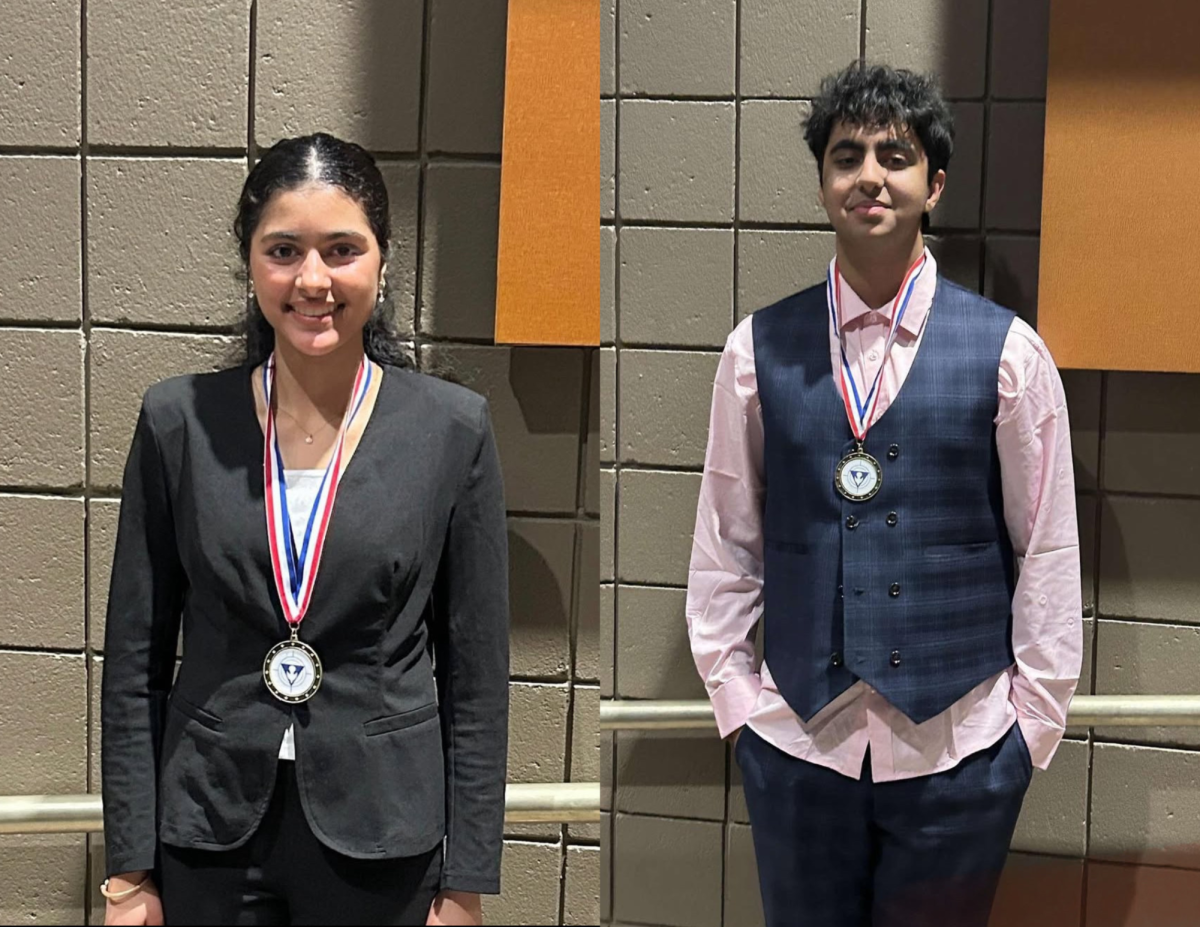By Caroline Cohn
Class of 2010
Shortly before her field hockey season started at the University of Vermont, a Walpole High School graduate was informed that she was ineligible to play and had lost her scholarship to the university. The NCAA cited her senior English class at Walpole High as the cause of her ineligibility, as the class did not meet NCAA standards. After missing several practices and enduring stressful appeals with the NCAA, she finally convinced them to grant her a waiver enabling her to play and reinstating her scholarship. Though this student’s situation was ultimately resolved, her case brought attention to current seniors whose English classes may put them at risk for similar repercussions.
Seniors in several specific English classes—namely Writing a College Thesis, Communications and Media Literacy, and Coming of Age—were told to see their guidance counselors immediately if they planned to play Division I or II sports in college. Guidance Deparment Head Diane Cokely said that about a dozen seniors have since transferred out of these classes in fear of future implications.
Though most students have been able to switch out of their unapproved classes, others have been unable to do so. Senior Samantha Cametti, for example, who hopes to play volleyball or softball in college, was unsuccessful in her effort to transfer out of her Media Lit and Communications class. “The way my AP classes lined up made it impossible to just change my English class,” Samantha said.
Ideally, situations like Samantha’s will be cured if these classes can win NCAA approval, which is what WHS is working towards now. The guidance and English departments, however, who have never before been questioned about the legitimacy of their courses, were surprised by this rejection by the NCAA. Every year, guidance sends a list of course titles to the NCAA for approval, and until this year the courses have been invariably accepted. This year, however, the NCAA asked for more detailed class descriptions of three English classes upon which to make more informed assessments of their legitimacy. Writing a College Thesis won approval after sending in further information, but Media Lit and Coming of Age were once again rejected until more thorough descriptions are sent in for review.
English teacher Mrs. Beth Sullivan, who teaches the two classes that are still pending approval, has been asked to send a week by week syllabus of each of her courses.
The NCAA was concerned that these classes did not include adequate critical reading, analytical thinking, and essay writing. Mrs. Sullivan and English Department Head Lauren Culliton, however, believe that these classes fully meet these requirements and are confused as to why
these two classes were singled out among the mass list of courses. Ms. Culliton believes “the NCAA made an arbitrary decision based on the titles of the courses.”
Alternate English courses, of which Media Lit and Coming of Age are just two, were established in the WHS curriculum to give seniors more options in choosing their English classes. The reason behind giving students a choice, says Ms. Culliton, is that “studies have shown that when students have self-selection, they do better. These courses keep the interest up for kids who aren’t necessarily going to major in English.”
Many in the English department are in favor of continuing these classes regardless of whether or not the NCAA approves them. “I don’t think the NCAA should be dictating what we teach,” said Ms. Culliton. She, among others, feels it is inappropriate for an athletic organization to determine class legitimacy rather than Walpole High School’s teachers and administrators who are more informed about the classes. Ms. Culliton will be among those fighting to keep these classes in the curriculum should they be deemed illegitmate by the NCAA.







